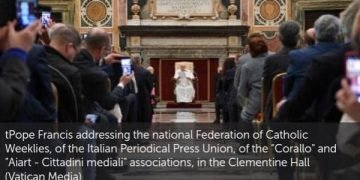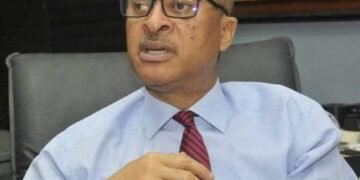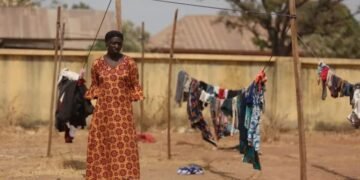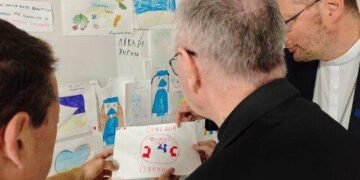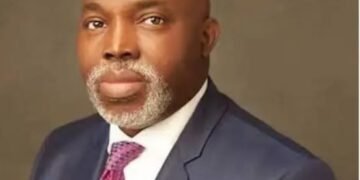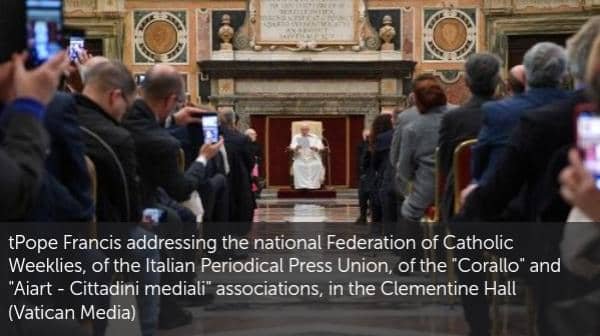By Lisa Zengarini
Addressing a delegation of the national Federation of Catholic Weeklies, of the Italian Periodical Press Union, of the “Corallo” and “Aiart – Cittadini mediali” associations, encourages them to promote an “ecology of communication” in the digital world and to follow the example of Blessed Carlo Acutis.
The epochal changes in the media world require a renewed “commitment to the promotion of people’s dignity, to justice and truth, to legality and educational co-responsibility”, said Pope Francis speaking to a delegation of Italian Catholic communicators.
Creating bridges, not walls
In an audience on Thursday with a delegation of the national Federation of Catholic Weeklies, of the Italian Periodical Press Union, of the “Corallo” and “Aiart – Cittadini mediali” associations, the Pope reminded them that communication, is essentially “sharing, weaving threads of communion, creating bridges without raising walls.”
In the context of today’s great “communication highways”, increasingly faster and overloaded with information, Pope Francis, therefore, invited those present to always follow three paths.
The path of education
The first path is that of educating which, he said, is vital because “the future of society is at stake”. Indeed, education is the way to connect old and young generations who today are immersed in the digital culture.
Educating young people “to navigate in today’s complexity, especially on the web” involves “prudence and simplicity”, the Pope remarked.
“Prudence and simplicity are two basic educational ingredients for navigating today’s complexity, especially on the web, where it is necessary not to be naive and, at the same time, not give in to the temptation to sow anger and hatred.”
Promoting an “ecology of communication”
Catholic weeklies play a crucial role in this: “They don’t just give the news of the moment, but they convey a human and Christian vision aimed at forming minds and hearts”, the Pope noted
He, therefore, exhorted the Italian communicators to promote an “ecology of communication” in communities, schools and families: “You have the vocation to remind people that beyond the news and scoops, there are always feelings, stories, real people who are to be respected”, he said.
“Communicating is educating society” to respect and care, including in affective relationships between men and women, Pope Francis insisted.
The path of protecting the weakest in society
The second path he indicated was that of protecting especially the weakest groups in society, including minors, the elderly and disabled people, “from the invasiveness of digital media and the seductions of provocative and polemical communication.”
He encouraged the Catholic journalists to continue promoting civic awareness on this issue without fear, remarking that it is a “question of communicative democracy.”
“Don’t just play defence but, remaining ‘small inside’, think big, because you are called to a great task: to protect, through words and images, the dignity of people, especially the little ones and the poor, God’s favourites.”
The path of testimony
Finally, Pope Francis highlighted the path of testimony. He cited the example Blessed Carlo Acutis, who at his young age, he said, “knew how to use the new communications technology to transmit the Gospel, to communicate values and beauty”.
Indeed, “Testimony is prophecy, it is creativity, which frees and pushes us to leave our comfort zones to take risks” and “fidelity to the Gospel postulates to go against the grain: to talk about fraternity in an individualistic world; of peace in a world at war; of attention to the poor in an impatient and indifferent world.”
Pope Francis therefore concluded to by entrusting the Italian communicators’ work Blessed Carlo Acutis and Saint Francis de Sales, the patron saint of Catholic journalists and writers so that they may guide on steps on the paths of formation, protection and testimony.
